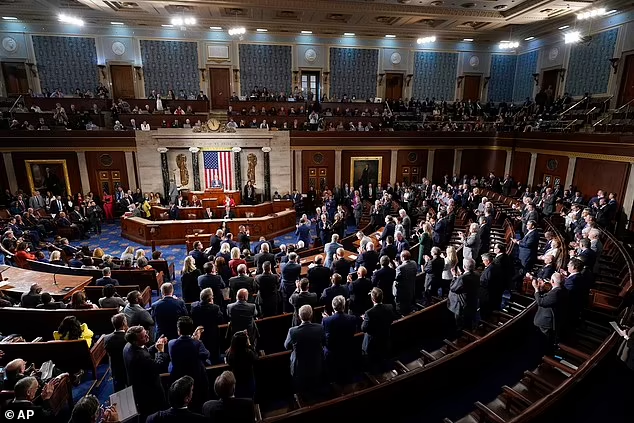As the new year kicks off, so does the installment of the 118th US Congress. Every two years, Congress installs its newest members to its halls to serve their respective constituents. During its sessions, Congress may consider a variety of bills on a range of topics, such as international humanitarian aid, domestic infrastructure funding, and cyber security protection. These bills aim to address issues and concerns affecting the country and offer solutions to the problems they address.
One recurring concern is how to protect and manage domestic and international supply chains in an increasingly volatile world. While there is no one direct answer to improving supply chain practices, a combination of clear-cut initiatives, innovative solutions, and better practices can help lay the foundation for success in the industry.
Several bills have been proposed in the past year that aim to protect, nurture, and advance US supply chain management, but none have progressed beyond a single legislative branch. The FREIGHT Act (S.3262), for example, proposes changes to improve port efficiency and intermodal shipping of cargo. In 2022, there were massive delays and congestion in ports like those in Los Angeles and Shanghai due to factors such as COVID-19, labor shortages, inefficient technologies, and increased demand for consumer products. If signed into law, the FREIGHT Act could help address these issues and provide relief to those affected.
Another bill that was proposed is the National MEP Supply Chain Database Act of 2022 (S.3290), which would require the National Institute of Standards and Technologies to create a database of existing US supply chain networks to provide clarity. Technology plays a crucial role in modern success, and a database providing an overview of US supply chain routes could significantly improve efficiencies across the country. By monitoring complete supply chains, businesses and the government could allocate funds where they are needed most and potentially alleviate congestion in certain areas.
The above bills are a few examples of legislation related to the supply chain and transportation industry that have not been successful in passing through our governing bodies. Other bills that have failed to progress in Congress include:
S.4105 – Supply Chain Disruptions Relief Act
H.R.7229 – Renewing Investment in American Workers and Supply Chains Act
H.R.8981 – Securing America’s Mineral Supply Chains Act of 2022
H.R.9091 – VA Supply Chain Management System Authorization Act
H.R.5479 – Supply CHAIN Act
H.R.3848 – Critical Supply Chains Commission Act
As constituents, it can be discouraging to see bills that could positively impact us fail to come to fruition. While we elect our officials to represent the better interests of our communities, sometimes things can stand in the way of that happening. When we hear “Call your Senator” or “Go vote,” we may not fully grasp the potential impact of these actions when they are taken. When enough people exercise their right to vote and contact their representatives, we have the power to facilitate change and make a lasting difference in our communities.
Free resources are available that can help educate you on the issues at hand and how we can go about contacting our Representatives. More information on current congressional bills can be found at https://www.congress.gov/.
